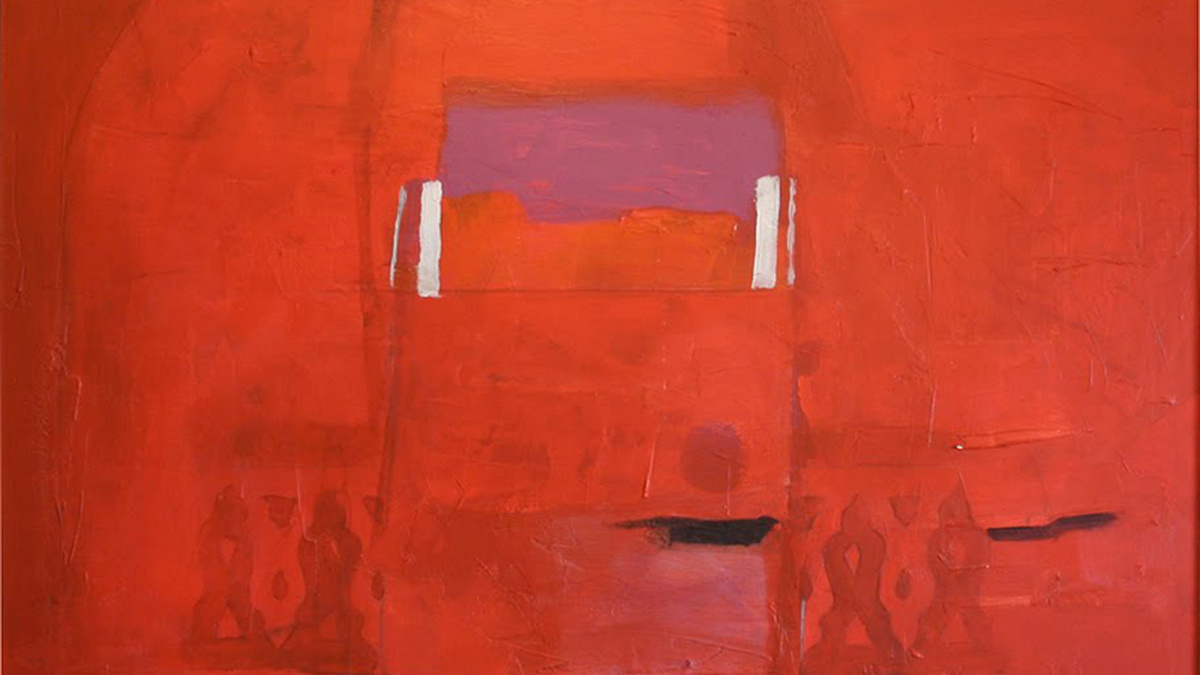A Year
Nasser Rabah
Translated by Wiam El-Tamami
It’s been a year since I’ve heard
singing in the street, seen someone
dancing at a wedding; a school bus
coming or going; a flower passed
from one hand to another.
For a year we’ve been passing around
the hateful cake of war. Not a child
left out, nor a garden,
a book, a wish.
By day, we train our eyes to swim in blood
and not get wet. We train them to miscount
our missing limbs. At night, we train them
to light up the sorrow, to ignite a fire
in the timber of waiting.
For a year, nothing has happened,
And not a single thing has stopped happening—
Come, death, open your eyes wide:
We are the eternal, unconquerable victims,
Crying yes in silence, our screams slicing open
the gown of the sky.
We are the victims whose wound is a minaret,
Whose blood trails behind them on the path to Calvary.
We are the victims who, unlike other victims,
Do not get to see the killer of our children.
We do not see him in our poems,
We do not see him in our streets,
We do not see him…
A plague, you see, can never be seen.
The Stillness in September
Amanee Izhaq
I remember the stillness in September
The whisper of a child on a swing
Back and forth
Back and forth
The North and South are one
Their shouts are eternal
The burial of a season
Ease is a long lost memory
The cemetery and majlis are one
Gone is the wind of laughter
The afterlife as cold as the dusk
What does the dove say to the cage after breaking its bones to escape?
“You could have saved both of our lives”
Now I’ve died and you’re covered in lies
In blood
Nothing will wash away the stain
Nothing will remain as it was
Or could have been
The wind remembers it all
A shawl dances in the breeze
The children sell sweets in bare feet
White sheets clothe the trays and the babies
The long lost daisies of Deir Yassin
Of Jenin
Please bring back the birds
Their words as empty as the square
As broken as the air is polluted
Uprooted
Abused and left for dead
The bread is soaked in blood
The body of Christ
Defiled and on fire
Tired is the lamb
Of man and his insatiable appetite
Of a devastated world gone blind
Tatreez
for Siham Abu-Ghazhaleh
Mai Al-Nakib
She chose threads her son would love:
blues and browns, deep purples, lilac, white.
I stare at this piece of tatreez she made,
framed and hung on a wall, the open sea not far.
She could scan embroidery like a poem,
tracking in abstract motifs Gaza, Ramallah, Jaffa.
Her fingers threaded a needle with care,
cross-stitching a story I’ve lost but need.
I see the symbols, there — house, key, cypress tree —
answers to a present no longer hers.
I listen for her voice in each pattern and stitch,
to make sense, beyond the grave, of this broken world.
And it sings, the tatreez, to her son and me:
“For a house, a key, a cypress tree we stand, and we stand.”





I read these three poems with great interest, admiration, and emotion. I weep for the victims of Colonial Zionism and its wholly owned subsidiary USA…my USA. Sadness, anger, not-so-quiet desperation….
Viva Palestine! Viva Lebanon! Viva the entirety of the Valiant Axis of Resistance to Colonial Zionism, which must fall and be discarded as dust in order for any semblance of civilization to advance.